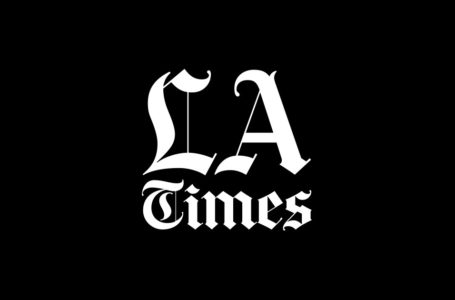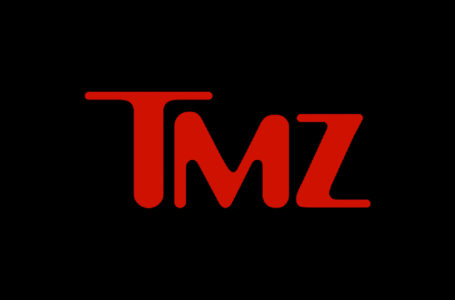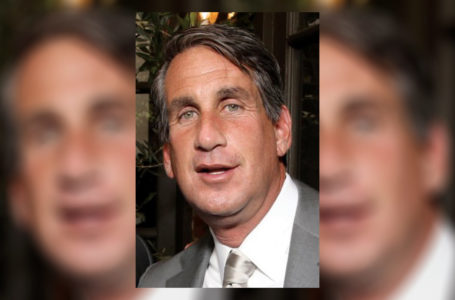Paul Ceglia, the western New York man who says a 2003 contract with Facebook Inc. founder Mark Zuckerberg entitles him to 84 percent of the company, will have to answer a critical question to pursue his claim, lawyers said.
“The first thing that comes to mind is, where have you been all this time?”
asked Los Angeles litigator Bryan Freedman, who isn’t involved in the case.
Ceglia, of Wellsville, New York, filed a sworn complaint in New York state court on June 30 against Facebook and Zuckerberg, its chief executive officer. Attached to the complaint was a copy of the two-page ‘work for hire’ contract that Ceglia claims entitles him to control of the world’s biggest social networking service.
At a court hearing today in Buffalo, New York, Facebook has a chance to explain away the contract as invalid or unenforceable. While Facebook has yet to call the contract phony, in court papers filed yesterday it said there are ‘many substantial questions surrounding the authenticity’ of the document.
Ceglia is scheduled to ask a federal judge to extend a temporary state court injunction blocking Facebook, a closely held company estimated to be worth $24.6 billion by SharesPost.com, a marketplace for privately held firms, from transferring ownership interests in the company.
Facebook said in court papers that Ceglia’s claim is ‘almost certainly barred by the statue of limitations’ and points to the ‘outlandishness’ of the idea that Ceglia has remained silent for more than six years about his alleged majority ownership of Facebook. Also, Ceglia claims his alleged contract, which refers to ‘The Face Book,’ was signed about nine months before the company was founded, Palo Alto, California-based Facebook said.
Facebook’s Paternity
Facebook’s paternity was questioned in a lawsuit by Zuckerberg’s former Harvard University schoolmates who claimed they hired him to work on a social network called ConnectU. Zuckerberg later used the code developed on that project to start Facebook, they said. Facebook settled the suit in 2008.
Louis M. Solomon, co-chairman of the litigation department at the New York law firm Cadwalader, Wickersham & Taft LLP, said Ceglia may have a valid claim if the contract is genuine.
“The defendant isn’t saying this is a forgery,” Solomon said. “The defendant isn’t saying this is a different Mark Elliot Zuckerberg.”
“On its face, this is not ridiculous,” Solomon said.
Remained Silent
So far, neither side has made clear what kind of business relationship, if any, Ceglia and Zuckerberg had, he said. It is also unclear whether Ceglia has remained silent about his claim or has made demands on the company in the past.
“Both sides are disturbingly quiet,” Solomon said.
In the motion to be heard today, Ceglia claims Zuckerberg already sold more than three-fourths of the company to investors. Ceglia argues that he needs a court order to preserve the status quo and prevent more of his interest from being transferred.
“Plaintiff does not seek to stop Facebook from operating as a business entity, generating profit, or maximizing the value of the company,” Ceglia said in court filings requesting continuation of the state-court injunction. “Plaintiff seeks only to preserve the status quo by preventing Zuckerberg and Facebook from further transferring or diluting ownership interests in Facebook.”
On July 16, U.S. District Judge Richard Arcara in Buffalo put on hold the state court’s temporary injunction until he rules on the matter.
Long Gap
Freedman said the long gap between contract and lawsuit makes Ceglia’s claim look suspicious. Even if valid, Ceglia’s claim could be thrown out if he waited too long to sue, Freedman said. The statute of limitations in New York requires a claimant to sue within six years of the date on which the contract was breached.
According to Freedman, Zuckerberg’s sale of shares in the company to investors ranging from Microsoft Corp. to rock star Bono may pose difficulties for Ceglia’s case.
“A judge may find that Ceglia took too long to make his claim, unreasonably letting Zuckerberg put himself and the company in legal jeopardy to investors.”
“If Ceglia’s claim is valid that Zuckerberg sold stakes in the company that he didn’t own, then Facebook could argue that it would be unfair to now turn over the company to Ceglia.”
Bryan Freedman said.
If This Is True’
“I bet there are people in about 15 different companies who are saying, If this is true, then he’s made a misrepresentation to me.”
Bryan Freedman said, referring to Zuckerberg.
Lisa Simpson, a lawyer for Zuckerberg and Facebook, didn’t immediately return a call seeking comment yesterday.
Ceglia faces a 2009 lawsuit by New York Attorney General Andrew Cuomo claiming Ceglia and his wife took $200,000 in advance payments for a business that promised wood pellets, to be used for home heating, and then failed to deliver any pellets or provide refunds. The district attorney in Allegany County has filed criminal charges based on similar charges.
Neither of the cases has been resolved and Ceglia denies criminal wrongdoing, according to Terrence Connors, a Buffalo lawyer representing him on the Facebook claim.
A website for Ceglia’s company, Allegany Pellets, offers ‘quality hardwood pellets’ for $229 a ton and describes the operators as ‘regular farm folks that know about pellets.’
An e-mail sent to Allegany Pellets was answered with an automatically generated response: “We are in the process of reaching an agreement with the New York State Attorney General’s office and will let everyone know once an agreement is reached.”
The case is Ceglia v. Zuckerberg, 10-CV-00569, U.S. District Court, Western District of New York (Buffalo).





